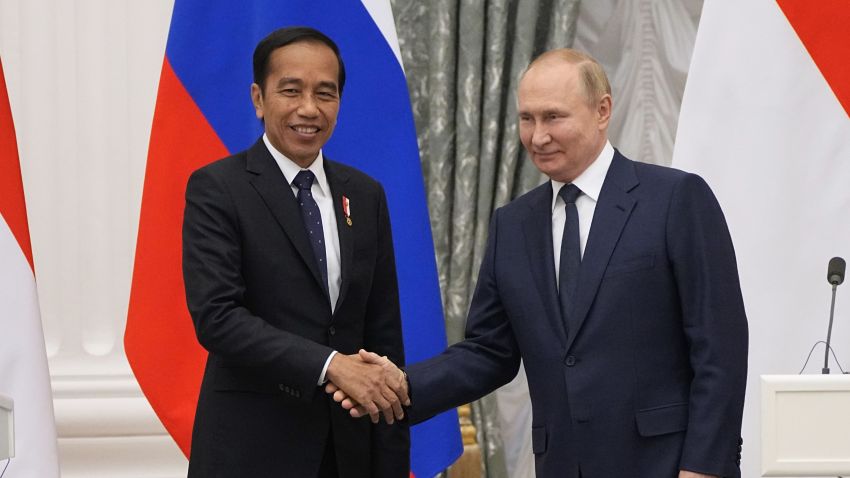Last month, in his annual state of the nation speech ahead of Indonesia’s Independence Day, President Joko “Jokowi” Widodo noted that the country’s first-ever presidency of the Group of Twenty, or G-20, in 2022 was a sign of its growing stature at the “pinnacle of global leadership.” Jokowi’s remarks spoke to how the domestic-focused president of the world’s fourth-most populous nation and third-largest democracy is walking a fine line between selectively engaging abroad, while also seeking to advance his immediate policy priorities at home amid a confluence of challenges.
Jokowi, who was a furniture-maker before rising to national prominence as the mayor of Surakarta and subsequently governor of Jakarta, has consistently portrayed himself as a domestic-centered and economic-focused president since taking office in 2014, in contrast to his more outward-oriented predecessor, former President Susilo Bambang Yudhoyono. Unlike domestic economic issues, such as his mammoth effort to relocate the country’s capital approved by parliament earlier this year, Jokowi has evinced only a selective interest in foreign policy, displaying little patience for unproductive diplomatic engagements and delegating key matters to others on his team.
Yet he has found this approach difficult to sustain in his second term, which kicked off in 2019 in the face of global headwinds and geopolitical challenges. When COVID-19 hit Indonesia, Jokowi’s decision not to enforce large-scale lockdowns early on for fear of dampening economic growth partly contributed to the country becoming a pandemic epicenter in mid-2021. Meanwhile, China’s rising maritime assertiveness—including recent attempts to stop Indonesian offshore energy exploration in waters that lie in Jakarta’s Exclusive Economic Zone, but which Beijing claims sovereignty over—has also offered a sobering reminder of how stubborn geopolitical differences can limit partnerships that are key to advancing Jokowi’s economic ambitions.

